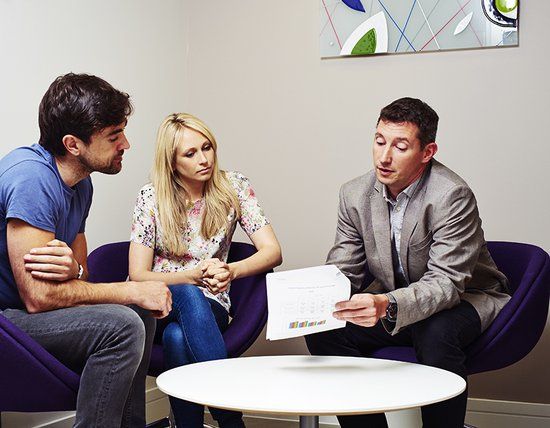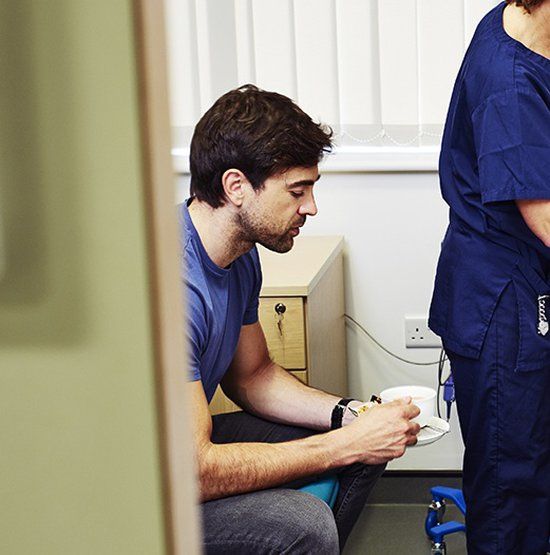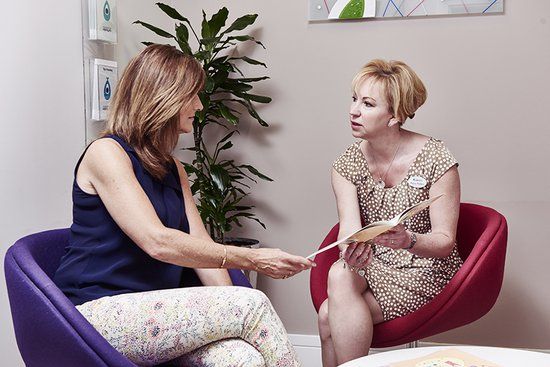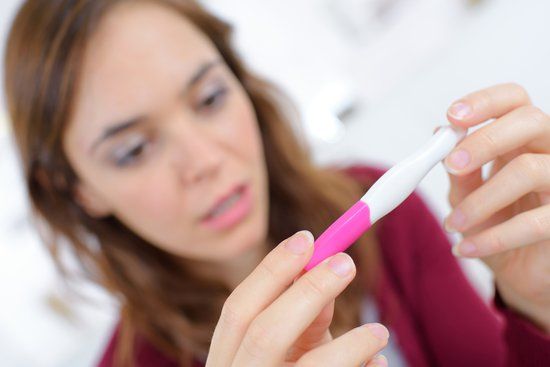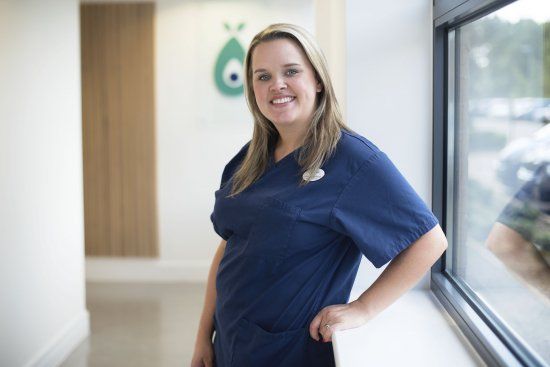
Trying for a baby but not pregnant yet? In our final blog to mark National Fertility Awareness Week, we reveal some simple tips to help you conceive, and talk through taking the next step to expert fertility advice if pregnancy isn’t happening as quickly as you’d like.
Having a fertility problem is nothing to be ashamed of. It’s estimated one in six couples in the UK are affected by fertility issues, and although it’s more openly discussed now than it used to be, there are still many taboos and misconceptions.
It’s why one of the main themes for this year’s National Fertility Awareness Week is ‘Talk Fertility’ – to raise awareness around the facts – and not the myths - of infertility.
Am I infertile?
You’ve stopped taking contraception, so it’s natural to assume pregnancy will soon follow. But it’s not unusual for it to take some time – so don’t panic if you’ve not conceived yet. It doesn’t necessarily mean you or your partner are infertile.
Remember infertility is defined as failure to conceive after one to two years of regular unprotected intercourse. Most couples fall pregnant within a year.
Getting pregnant tips and advice
There are some simple ways to maximise your chances of pregnancy each month, that you can do yourself without any medical intervention:
- Invest in an ovulation prediction tests: Knowing when you’re ovulating is key to conception. So buy ovulation prediction kits - these simple tests will tell you when you’re about to ovulate so you can correctly time intercourse. You can buy them at any high street chemist.
- Ditch the bad lifestyle: Smoking and heavy drinking can negatively affect both female and male fertility, making it harder to conceive. A lifestyle overhaul may be all that’s needed to help you get pregnant.
- Eat healthily: Being significantly under or overweight is bad news for your natural fertility, affecting egg quality and sperm health. Get your BMI to within a normal range and then eat healthily with plenty of vitamins and nutrients, to give yourself and your fertility a boost.
When to get fertility help if pregnancy doesn’t happen
According to guidelines published by NICE – National Institute for Health and Care Excellence – if you’re of reproductive age you should consider seeking fertility advice if you’ve not conceived after a year of unprotected regular intercourse, in the absence of a diagnosed fertility issue.
However if you’re an older woman it’s advisable to seek help sooner because of your age.
Seeing a fertility specialist
Your GP can perform simple tests or refer you for further investigations, or you can self-refer privately, to see one of our fertility specialists at our Cheshire fertility clinic. We don’t need a GP referral and we don’t have a waiting list, so you can be seen straight away.
We’ll review both your medical histories and perform a through fertility investigation that’s designed to uncover common causes of fertility problems such as low sperm count, blocked fallopian tubes or hormonal issues.
We’ll explain your results in full to you at a private consultation, including treatment recommendations if necessary.
Our goal is to help you achieve pregnancy either naturally, or with our help.
Fertility support for you
If you’ve got any questions about getting pregnant, booking a private fertility test or starting fertility treatment, have a chat to our friendly Patient Advisors on 0161 300 2737, or self-refer online to see a fertility consultant and we’ll be in touch.
If you need support for fertility issues, Fertility Network UK can also help.
Last updated: 21st January 2020


